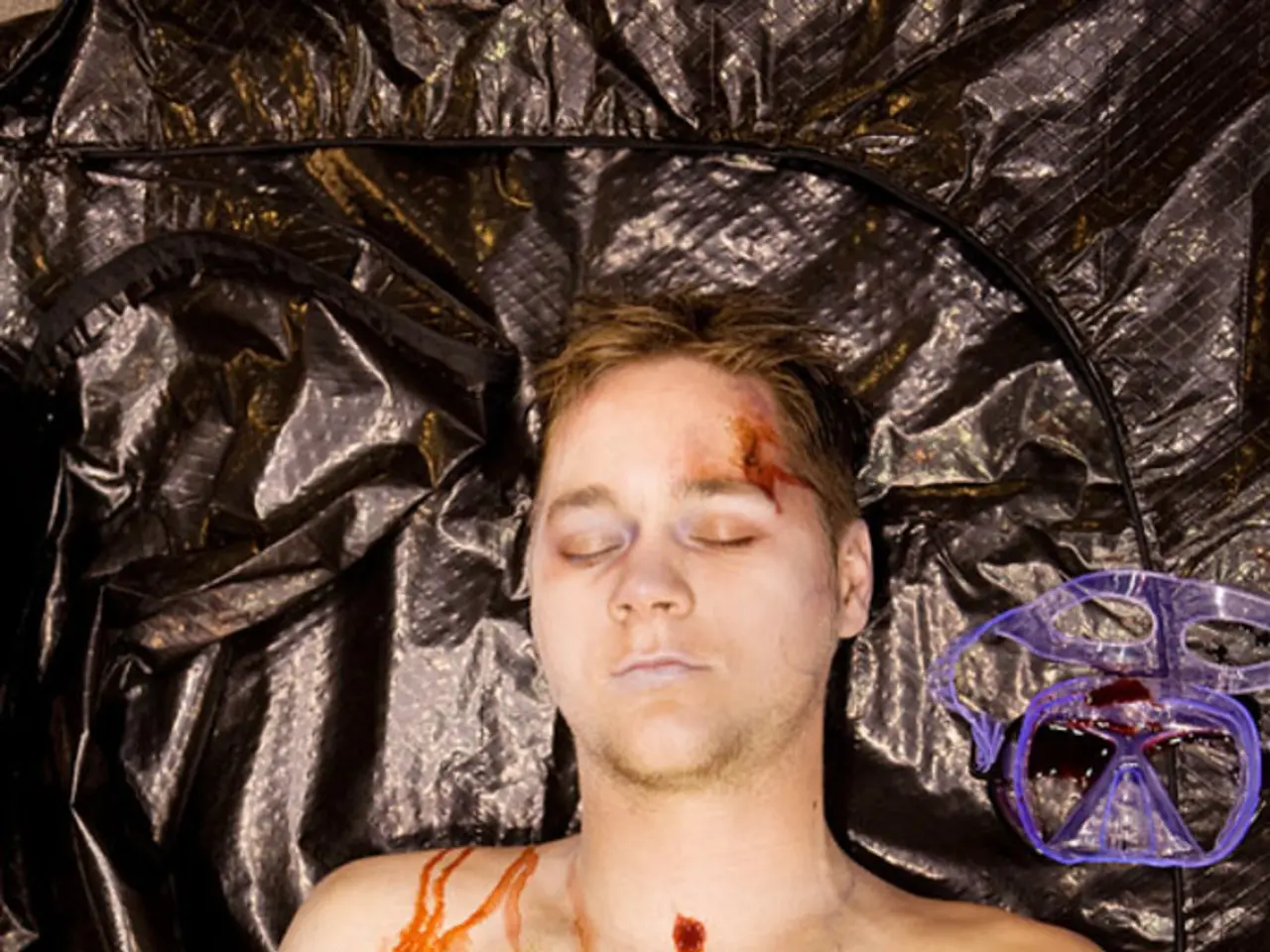Rare Lazarus Syndrome: Heart Revives After CPR, But Most Don't Survive
A rare phenomenon, known as Lazarus syndrome, has been making headlines. It occurs when a person's heart starts beating again after failing to respond to cardiopulmonary resuscitation (CPR). This sudden revival can happen up to 10 minutes after CPR has stopped. Medical professionals must be cautious not to declare death prematurely, as there have been instances where patients briefly showed signs of life before passing away later in the hospital.
Lazarus syndrome is extremely uncommon, with only 32 cases documented between 1982 and 2008. The exact cause remains unclear, but several factors may contribute to its occurrence. These include delayed return of spontaneous circulation due to issues such as auto-PEEP (positive end-expiratory pressure), lung hyperinflation, delayed medication action, or mechanical problems during resuscitation. Doctors can help prevent premature death declarations by waiting at least 10 minutes after CPR, monitoring heart rhythm, and confirming organ failure.
Some cases have been reported in the news, highlighting the brief revival of patients before their eventual demise. The syndrome is also known as Lazarus phenomenon, Lazarus heart, autoresuscitation, or delayed return of spontaneous circulation after failed CPR. Possible explanations for this phenomenon include air trapping, delayed medication delivery and action, temporary cardiac arrest after defibrillation, and other reversible causes.
Lazarus syndrome, though rare, serves as a reminder of the unpredictability of human physiology. It underscores the importance of thorough post-resuscitation care and the need for further research to understand its underlying mechanisms. Despite the brief revival, most patients do not survive, highlighting the critical role of accurate and timely medical intervention.






